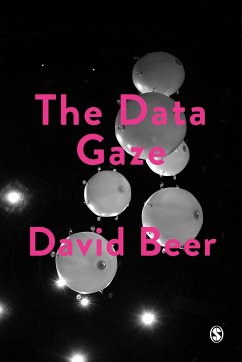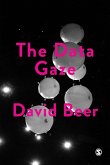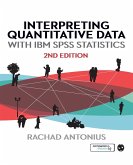A significant new way of understanding contemporary capitalism is to understand the intensification and spread of data analytics. This text is about the powerful promises and visions that have led to the expansion of data analytics and data-led forms of social ordering.
It is centrally concerned with examining the types of knowledge associated with data analytics and shows that how these analytics are envisioned is central to the emergence and prominence of data at various scales of social life. This text aims to understand the powerful role of the data analytics industry and how this industry facilitates the spread and intensification of data-led processes. As such, The Data Gaze is concerned with understanding how data-led, data-driven and data-reliant forms of capitalism pervade organisational and everyday life.
Using a clear theoretical approach derived from Foucault and critical data studies, the text develops the concept of the data gaze and shows how powerful and persuasive it is. It s an essential and subversive guide to data analytics and data capitalism.
It is centrally concerned with examining the types of knowledge associated with data analytics and shows that how these analytics are envisioned is central to the emergence and prominence of data at various scales of social life. This text aims to understand the powerful role of the data analytics industry and how this industry facilitates the spread and intensification of data-led processes. As such, The Data Gaze is concerned with understanding how data-led, data-driven and data-reliant forms of capitalism pervade organisational and everyday life.
Using a clear theoretical approach derived from Foucault and critical data studies, the text develops the concept of the data gaze and shows how powerful and persuasive it is. It s an essential and subversive guide to data analytics and data capitalism.








